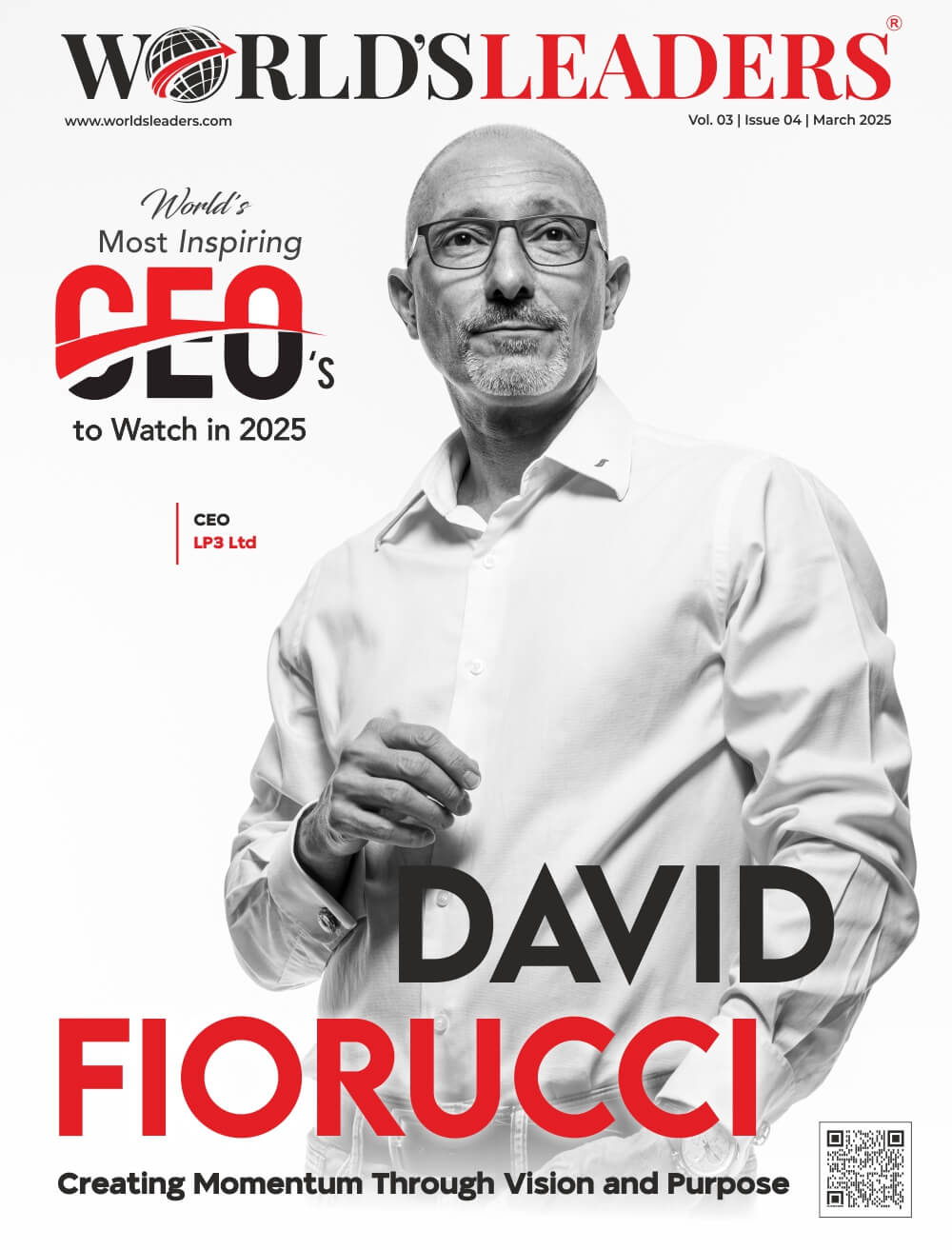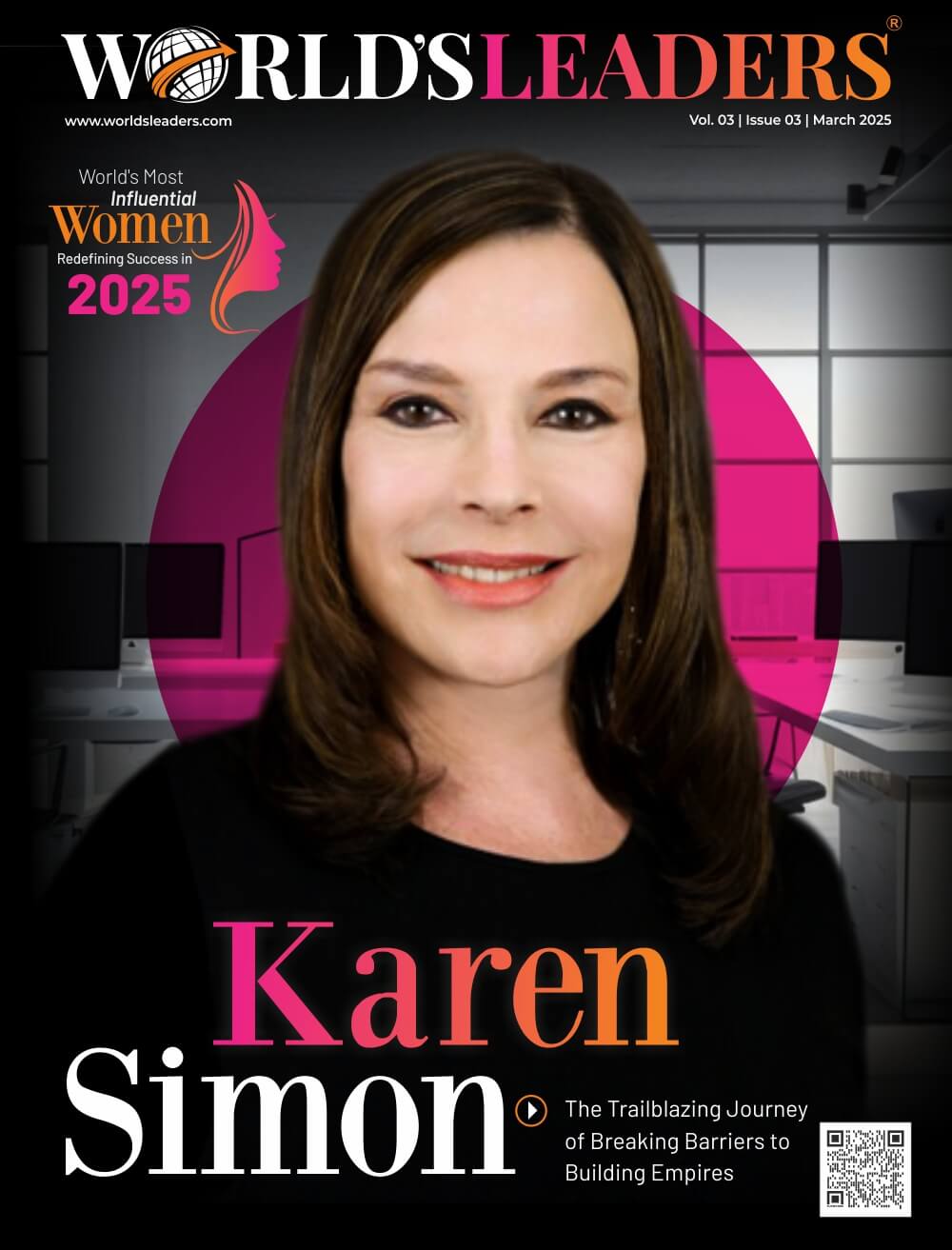Dr. Ankit Agarwal, Lecturer in Management and Program Director – Bachelor of Business at the University of Adelaide, has a rich and diverse academic and professional background. He holds a Diploma in Business Studies and a Bachelor (Honours) of Management Information Systems from Dublin Business School with a Liverpool John Moores University (LJMU) degree, a Master in Computer Systems and Software Engineering from the University of Greenwich, a Master in Business Research, and a PhD from the University of Adelaide. Additionally, he was a CISCO Certified Network Associate (CCNA) from 2009 to 2013. His diverse experiences across different countries and industries have provided him with a unique perspective, enriching his contributions to the University of Adelaide and the broader academic and professional community.
An Unconventional Journey to Academia
Dr. Agarwal’s journey to academia was unconventional and filled with various experiences that shaped his career. Initially, he had a singular passion for playing cricket, with academia not being his primary focus. However, after the unfortunate passing of his grandparents and missed opportunities to advance in cricket, he recognized the importance of academic pursuits for establishing himself independently. He began his academic journey in Dublin, Republic of Ireland, where he pursued a Diploma in Business Studies and later obtained a Bachelor’s (Hons) degree in Management Information Systems and Management Accounting. During his time in Dublin, he played cricket for the North Kildare Cricket County. Due to not able to secure a resident visa in Dublin, he moved to the UK, where he completed his first Master’s degree in Computer Systems and Software Engineering. Following this, he worked at PC World, an IT retail giant in the UK, but once again faced challenges with securing a work permit, leading him to the US.
In the US, Dr. Agarwal worked on H1B visas for Indian company in IT and Pharmaceutical consulting for some years and obtained his Cisco Certification as a Network Associate (CCNA) in the process. Despite his efforts, he struggled to find a role that resonated with him and eventually returned to India. There, he launched an eBook publishing business, but balancing critical responsibilities—like providing for his parents to ensure they lead a successful and healthy life—made it difficult to sustain the business without significant investments that he felt could be better utilized elsewhere. He continued searching for jobs, experiencing multiple changes without finding true alignment with his passions.
Determined to pursue his academic aspirations, Dr. Agarwal decided to embark on a PhD journey, moving to Australia. Initially not qualifying for direct PhD entry, he completed a second Master’s, this time in Business Research (MBR), after which he secured a full scholarship for his doctoral studies. During his MBR studies, his supervisor offered him an opportunity to teach an Organizational Behavior course at the Adelaide Business School. This opportunity ignited his passion for academia, and since then, Dr. Agarwal has continually developed himself in the field, contributing to the academic community through teaching and research. Dr Ankit says, “I will always be in debt to my supervisor for investing his trust in my academic capabilities.”
Fulfillment in Student Engagement and Learning
Dr. Agarwal considers himself an accidental but enthusiastic and committed educator. He never had a strong inclination towards extraordinary academic achievement or a career in academia. In fact, he found studying to be quite fruitless. He always held the thought that he might not use most of what he studied in school in the real world, outside of the school’s examinations.. Growing up, his primary ambition was to play cricket at the highest level, a common dream among kids in his hometown. He viewed himself as an ordinary child without any special distinction. But always found opportunities to excel in the game of Cricket.
The turning point in his career came during the summer of 2016 when his supervisor in Australia, Dr. Peter Sandiford, offered him an opportunity to teach. Standing in front of a large class and discussing ideas and conceptual frameworks from management and organizational behavior courses felt natural to him. Through teaching, he realized his ability to engage students and inspire them to question their assumptions and enjoy the process of continuous learning and development. The way he enjoyed speaking with theorists on their work (imaginative dialogue).
This realization brought a deeper understanding of the significant responsibility he holds as an educator, being accountable for his students’ learning and development. Many students in his first-year bachelor course, “Managing Organizations and People,” and other similar theory-driven courses, often feel lost at the beginning of the semester. These students, new to the university environment and often without prior organizational experience, come from a school setting where concepts of right and wrong are straightforward. University, however, introduces discussions from various values, ethical, and diverse perspectives, which can initially make students feel out of place.
Dr. Agarwal’s happiest moments are when class discussions lead to “aha” moments for his students, helping them realize that independence isn’t as daunting as they thought. He values creating an environment of Safe Space where students can evaluate their thoughts and actions, ultimately deciding their course of action as they continue their higher education journey without the need for him to enforce a “talking” principle on his students in class. The thrill of seeing students find discussions informative and feeling safe to engage with strangers in class, all by themselves without many prompts, is immensely fulfilling for him.
Despite never aspiring to be an educator, Dr. Agarwal finds immense joy and satisfaction in this role, which he describes as a dream come true, even if it was a dream he never initially had. This unexpected career path has brought him happiness and a deep sense of purpose, as he continues to inspire and guide his students towards their own paths of self-discovery and growth.
Insights on Overcoming Self-Doubt
Dr. Agarwal believes that there is no straightforward answer to what makes someone a successful student or educator. He emphasizes that self-doubt often lurks in the background during classroom discussions, regardless of one’s best efforts. Questions such as, “Will others consider my answer right or wrong?” or “Should I even be asking these questions at this level?” often arise. Overcoming this barrier of self-doubt involves the ability to present our flaws openly, without the need to portray ourselves in a way that we think others want to see us.
This challenge extends beyond the classroom setting and is valid at any stage of life. The first step towards recognizing our self-worth is to feel psychologically safe in an environment we might initially assume to be unsafe. Acknowledging that what we say might be considered wrong, while also being open to feedback and filtering the elements that could enrich our thinking, without becoming too disgruntled by unfavorable feedback, is essential. Dr Agarwal find this approach allows us to learn actively and engage progressively in discussions. For this, he strives to establish Safe Space filled with social safety enough for students to feel psychologically safe in his classes.
Dr. Agarwal highlights that this mindset and the ability to transform explicit thinking into tacit learning should become second nature, like blinking an eye or breathing air, without consciously attempting to do so. He considers this one of the most critical skills and abilities that contribute to various forms of success and ways of measuring it. Something he strives for his students to learn and see value in their daily lives. This approach fosters a continuous learning environment where both educators and students can thrive, embracing their vulnerabilities and growing together through open dialogue.
Recognition in Transformative Education
Dr. Agarwal emphasizes that education is an ongoing opportunity for introspection and personal growth. The more he engages with his students, the more he feels the urge to learn and improve. This ongoing process has made him realize that despite the knowledge he has gained through academic endeavors and personal/professional experiences in different parts of the world, there is always more to learn, fostering a sense of continuous development that deeply resonates with him. He has had the privilege of teaching over 12,000 students from various parts of the world, learning to adapt his teaching methods to suit their diverse learning styles. This approach has transformed his classroom into a collaborative learning environment, where he sees himself as a student of his students, breaking down traditional hierarchies.
Throughout his journey, Dr. Agarwal has received immense support from the University of Adelaide Business School, the Faculty of ABLE, and his management and other discipline colleagues and students. Dr Agarwal has been recognized through several prestigious awards, including the Executive Dean’s Learning and Teaching Award, the Student-Led Teaching Award, and Commendations for the Enhancement and Innovation of Student Learning. Additionally, external organizations have acknowledged his commitment to transformative teaching and learning. Conference (Education) 2.0 honored him with the Education Leader Award in Dubai, and Passion Vista inducted him into their Hall of Fame 2024 edition. These accolades validate Dr. Agarwal’s dedication to continuously evolving his teaching methods to benefit both himself and his students.
Path to Personal Growth
Dr. Agarwal views the opportunity to teach as both a privilege and a chance for continuous personal development. His students are central to his professional and personal life, influencing his daily decisions and conduct. He strives to maintain an ethical lifestyle, recognizing the importance of setting a positive example. This mindfulness helps him stay grounded and focused, understanding that while perfection is unattainable, a clear goal can help maintain awareness and control over actions.
Dr. Agarwal believes that heightened self-awareness brings one closer to the subconscious, offering more choices in actions rather than solely being driven by them. He has dedicated significant time to reflecting on his teaching methods, evolving from a didactic approach to one that fosters dialogue and collaborative learning. Instead of merely imparting knowledge, he now prioritizes asking students for their perspectives, enriching classroom discussions.
This shift from monologue to dialogue has been one of the most significant developments in Dr. Agarwal’s academic career. Over his nine years at the University of Adelaide, first as a student and now as a full-time academic, this approach has transformed his teaching and enhanced the learning experience for his students.
Commitment to Equity, Inclusivity, and Self-Discovery in Education
Dr. Agarwal firmly believes that self-improvement is a personal journey each individual must undertake. His goal is to create a safe space where he can openly share his thoughts and feelings, fostering an environment of comfort and positivity. He aspires for people to leave his company with a smile, even when they may disagree with his suggestions. The focus is not on being “right” but on striving for justice and fairness, emphasizing the principles of equity and equality. And to listen and learn from others.
To Dr. Agarwal, equality means providing equal opportunities for everyone willing to participate, while equity involves addressing the unique needs of individuals according to their specific requirements. For instance, he recognizes that his parents, with significant physical limitations, require different accommodations than he does. This understanding allows him to create opportunities where they can participate meaningfully.
Through recognizing and addressing differing needs, Dr. Agarwal aims to create an environment that maintains psychosocial safety. He emphasizes the importance of keeping judgments in check, becoming more aware of actions and their impacts. While control over every thought and action is impossible, heightened awareness can lead to more conscious choices.
Inclusivity, equity, and self-discovery are the core principles Dr. Agarwal hopes to cultivate within himself and share with those he encounters. He believes that fostering these values can create an environment where people feel heard, understood, and empowered to embark on their transformative journeys. A place where they feel they belong and have a voice. Through this approach, he strives to make a positive impact on the lives of his students and colleagues, supporting them in their paths to self-discovery and personal growth.
Bridging Theory and Practice for Holistic Education
Dr. Agarwal employs his own and his students’ familial experiences to teach business and management concepts in the classroom, a method he calls Student-Centered Experiential Learning (SCEL). Unlike traditional educational systems, SCEL transcends conventional education boundaries, echoing Dewey’s sentiment that the gap between theory and practice needs to be bridged. Inspired by Kolb’s & Kolb and Kolb’s Experiential Learning Theory (ELT), SCEL empowers students to transform their life experiences into meaningful learning opportunities. As students navigate the complex path of life, SCEL encourages them to become active experimenters and reflective thinkers, seamlessly integrating their narratives with academic content. Dr. Agarwal believes that students need an environment and opportunity to immediately apply classroom content; otherwise, students risk simply “remembering” rather than “reflecting” on what they learn in class. Dr. Agarwal could miss an opportunity to help students become aware of their tacit learning.
This approach has become critical, at least in Dr. Agarwal’s classes, for unlocking students’ interest in higher education and transforming their views towards learning in the classroom and pursuing further studies. The intersection of family and academic life is a dynamic and influential relationship that enriches the educational experience. By valuing and integrating family experiences, Dr. Agarwal enhances students’ academic achievements and personal growth, preparing them for success in both their professional and personal lives. This holistic approach fosters cultural awareness, resilience, emotional intelligence, and a strong support network, empowering students to navigate the complexities of today’s fast-paced, information-laden world with confidence and adaptability.
SCEL empowers students to develop a critical-thinking mindset that assists them in navigating complex scenarios and solving real-world problems. Through SCEL, an educator not only imparts information but also helps students develop the ability to think critically and apply that knowledge to various situations independently and confidently. SCEL aligns with Ghoshal’s ideology of a sound and ethical basis for management theories, as its impact extends beyond academia into real-world management.
Vision for Education
Dr. Agarwal’s message to educators, students, and professionals in the field of education emphasizes that education is the realization that educators can transform students’ lives by making learning a personal journey where theory and experience overlap, with the classroom serving as a platform for intellectual and emotional growth. He believes an educator’s responsibility is to foster a learning environment where students can comprehend theories and concepts and cultivate an atmosphere where they can internalize knowledge for actual application and critical thinking.
Educators must recognize that students do not learn in academic silos, where subjects like marketing, entrepreneurship, management, family business, personal professional development, accounting, and finance are taught in isolation. Instead, these different disciplines are well-integrated into the students’ minds, even though universities may offer them as separate courses. To have a greater understanding of the stakeholders involved in students’ development and to ensure that students can cross-learn from different disciplines, educators require more insights into how family life intersects with and influences (or can influence) the various aspects of the student’s academic journey.
By breaking down these disciplinary silos and adopting a more holistic approach to student learning, educators can better support students in making meaningful connections across their coursework and in applying their knowledge comprehensively and contextually. This integrated understanding of the student experience, including the role of family, will enable educators to design more effective and relevant learning experiences that prepare students for the complex, interconnected challenges they will face in the professional world.
The SCEL approach could help academics align their courses with the learning requirements of today’s generation, moving away from (or in addition to) traditional ideas of knowledge dissemination in the classroom.





